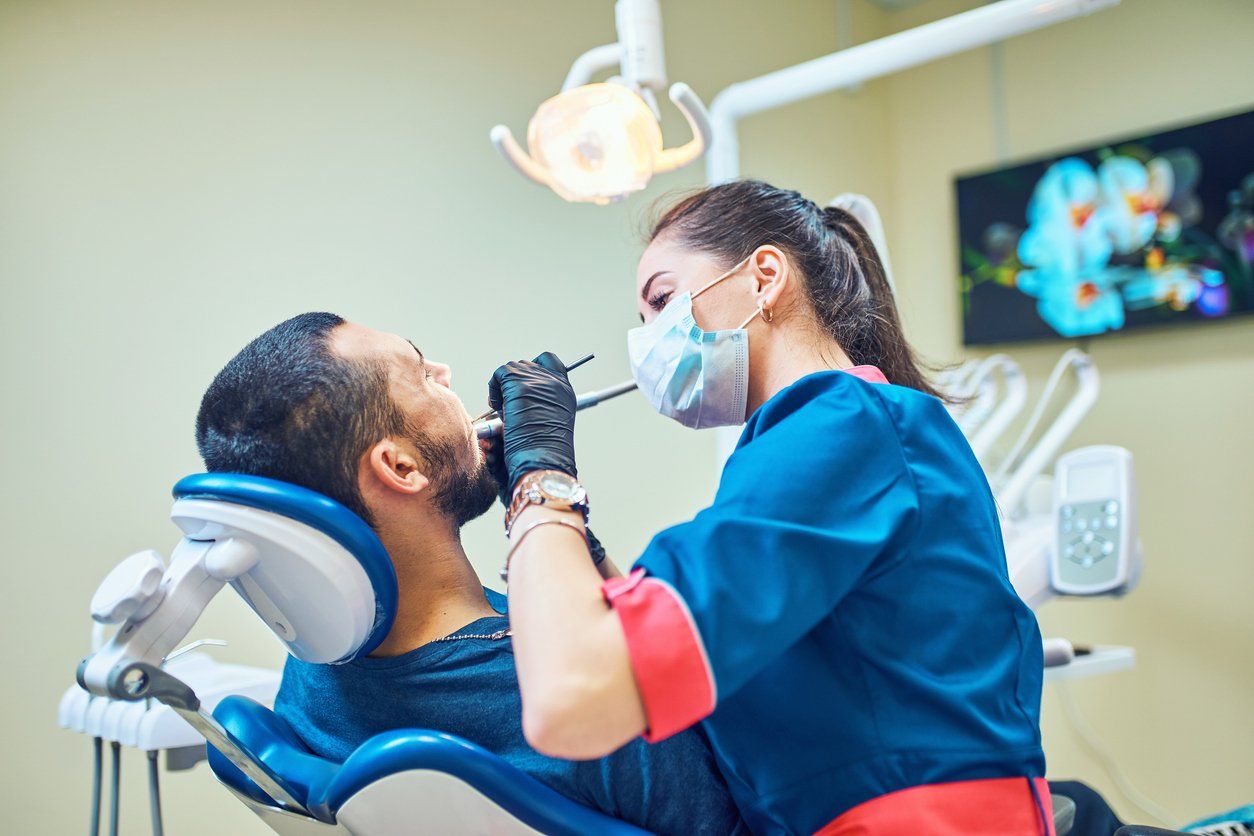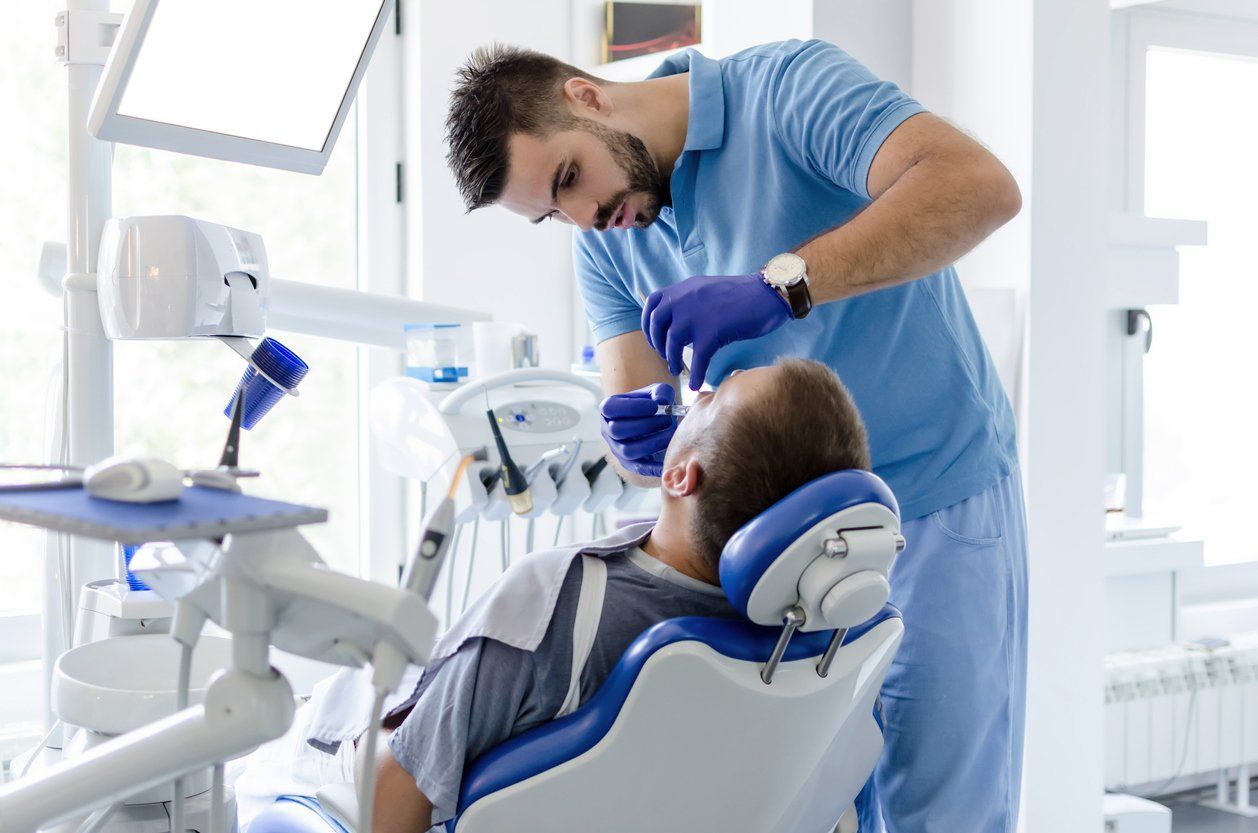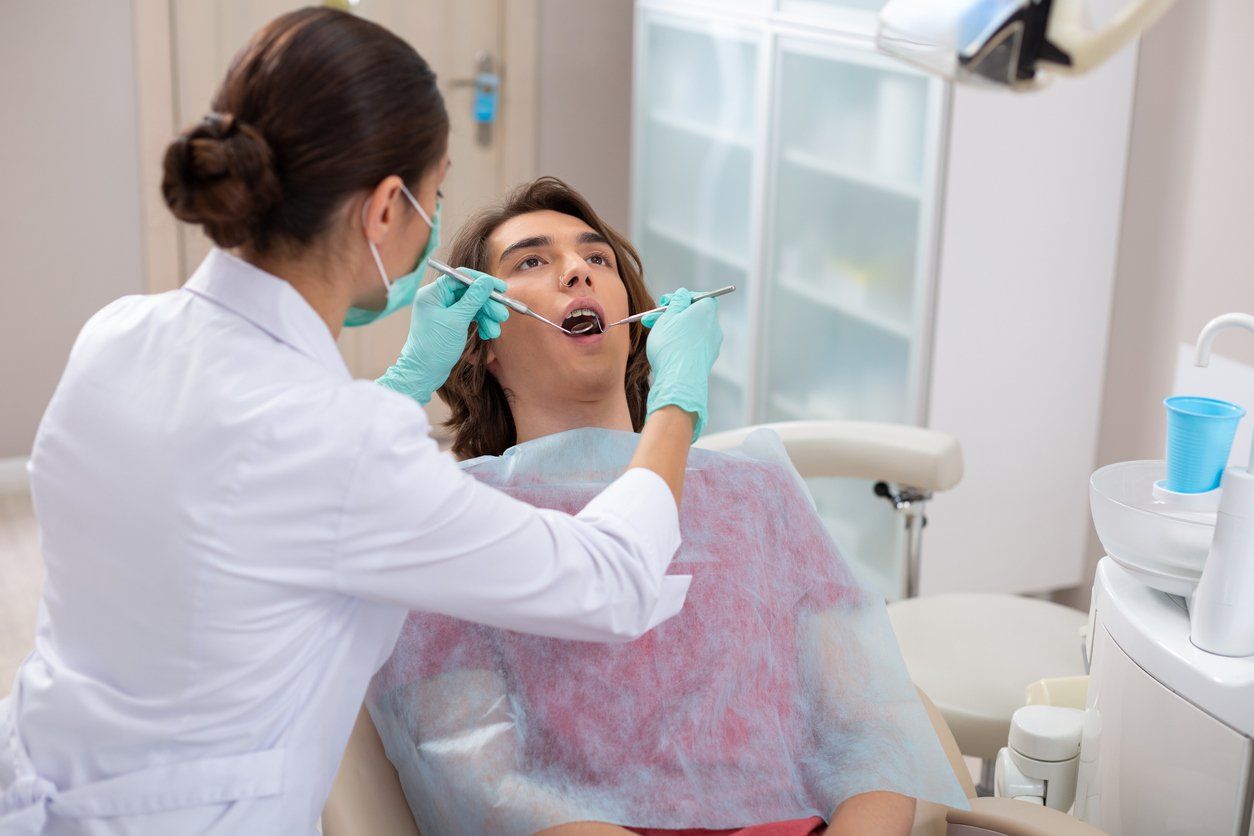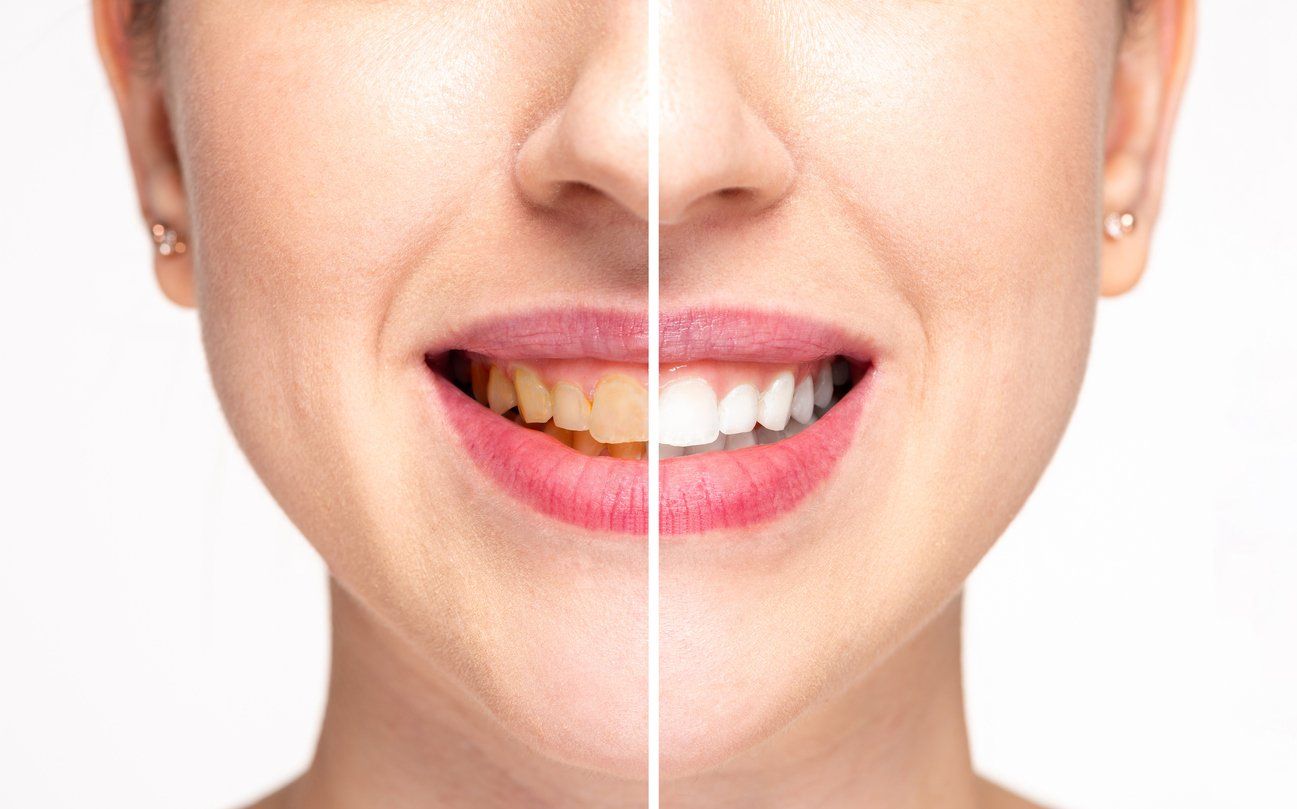Mouth Guards Save Teeth

You might think of a mouth guard as something that a football or hockey player wear when they are playing contact sports. While that is one use of a mouth guard, there are many other uses for mouth guards that can help save people's teeth.
What Is a Mouth Guard?
A mouthguard is a device that can aid in various issues such as someone grinding their teeth, snoring heavily, or even needing protection while playing sports. Bruxism can also cause a whole other host of issues such as jaw/neck pain, facial muscle soreness, and even TMJ/bruxism.
Reasons Mouth Guards Are Used
Mouthguards can get used for several reasons, including the following:
Bruxism
Mouth guards can help an estimated 20% of US adults who suffer from either grinding or clenching their teeth, which is also known as bruxism. A mouthguard can get worn at times, such as while the person is sleeping to protect their teeth from the effects of constant grinding and clenching, which can wear teeth down over time.
Snoring
Mouth guards can also treat snoring issues. These mouth guards open up the airways to make breathing easier, which helps lower the level of snoring. These guards can easily get cleaned with just a regular toothbrush.
Limit Sports-Related Injuries
They can also get worn during sporting events to protect from dental injuries. From biting one's tongue to losing teeth, mouth guards can help limit the sports injuries that people are participating in contact sports experience.
These are the main uses of mouth guards. As you can see, they can save people from a host of unpleasant injuries or otherwise unpleasant conditions simply by people wearing them while doing certain activities. Whether mouth guards prevent bruxism or save your teeth during your pickup football game, it's worth using mouth guards to protect our teeth from unnecessary harm and damage.
Am I a Candidate for a Mouth Guard?
Those who need a mouth guard to help protect them from the uncomfortable (or even painful) side-effects of bruxism or need them to help them snore less can benefit from a custom-fitted mouthguard. We provide these mouth guards along with custom fittings at Marie Simon Dentistry (Perfecting the Smile). Many people are candidates for these mouth guards, but we will determine on an individual case-by-case basis what works best for you.
Caring For Your Mouth Guard
Caring for your mouthguard is not a complex task. Generally, rinsing your mouthguard out and soaking it in a cleaning solution is a great start to keeping your mouthguard clean between uses. Also, brushing your mouthguard with a toothbrush and toothpaste can help keep your mouthguard clean.
Your dentist can provide you with specific instructions on how to keep your mouthguard clean as possible between uses.
Conclusion
At Marie Simon Dentistry (Perfecting the Smile) we are here to provide you with a quality mouthguard that can help you mitigate the issues that you are experiencing. Whether you need help controlling bruxism or to help control snoring or to protect you during contact sports, please feel free to contact usfor a mouth guard fitting at your convenience.










